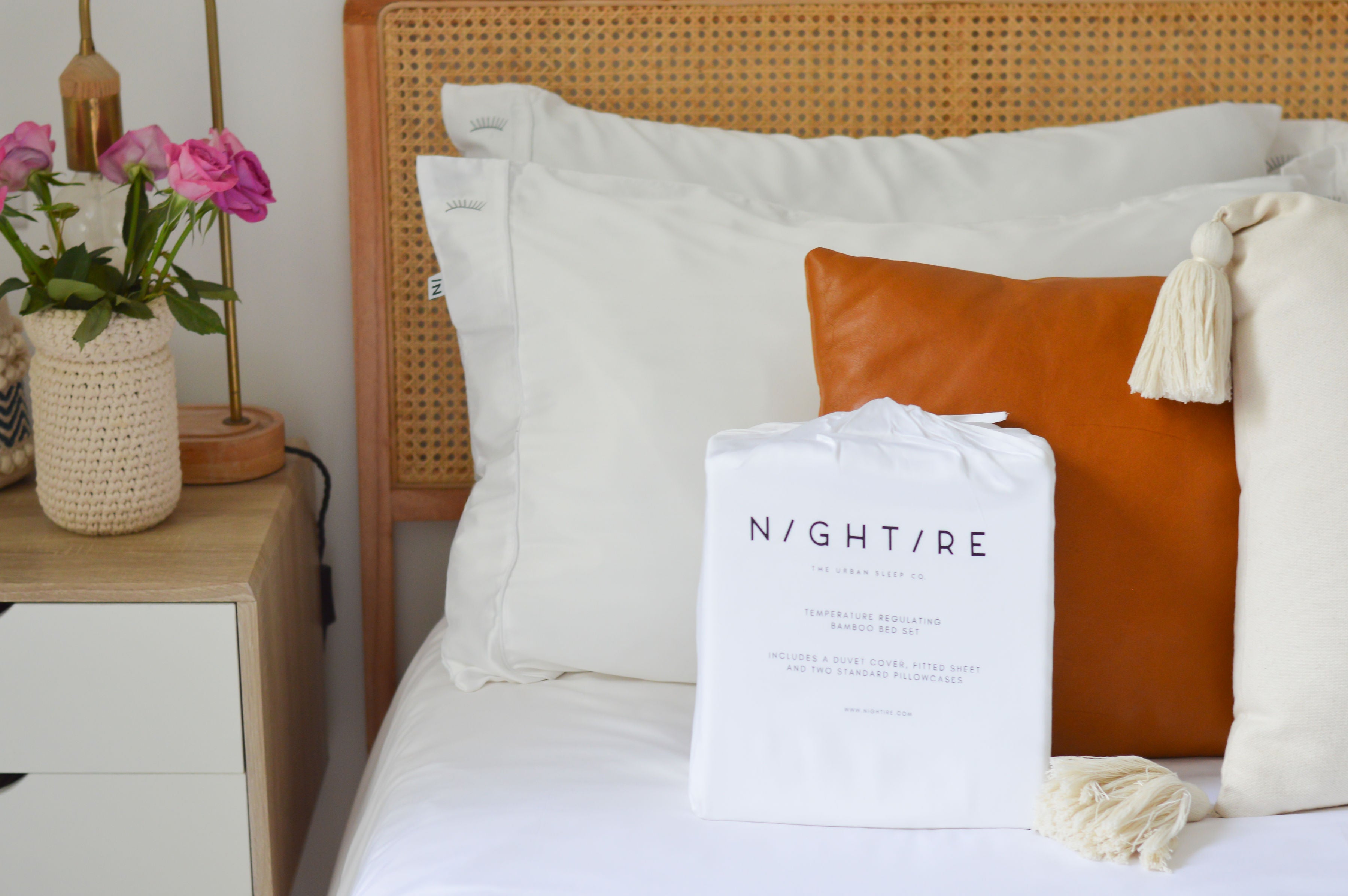How to Get Good Sleep On Your Travels this Season

Traveling can disrupt our sleep routine, making it challenging to get a good night's rest. However, with some preparation and mindful habits, you can improve your sleep quality while on the road. Here are some tips to help you sleep well when traveling:
-
Maintain a Sleep Schedule: Try to stick to your regular sleep schedule as much as possible, even when traveling to different time zones. Gradually adjust your bedtime and wake-up time a few days before your trip to help your body adapt.
-
Create a Comfortable Sleep Environment: Bring along items that can enhance your sleep space, such as a travel pillow, earplugs, and an eye mask. If you're staying in a hotel, request a quiet room away from elevators or other sources of noise.
-
Practice Relaxation Techniques: Engage in relaxation techniques like deep breathing or meditation before bed to help calm your mind and prepare for sleep. Consider using soothing sounds or music through headphones to drown out any disruptive noises.
-
Minimize Light: Exposure to bright light before bedtime can disrupt your sleep. Use blackout curtains or an eye mask to block out excess light in your accommodation. Avoid using electronic devices with bright screens at least an hour before bed.
- Limit Caffeine and Alcohol: Be mindful of your caffeine intake, especially in the afternoon and evening, as it can interfere with your sleep. Additionally, while alcohol may initially make you drowsy, it can disrupt your sleep cycle and lead to restless nights.
- Stay Active During the Day: Engage in physical activity during the day to promote better sleep. Take walks, explore your destination, or do some light exercises. However, avoid exercising too close to bedtime, as it can have a stimulating effect.
- Avoid Heavy Meals: Large, heavy meals close to bedtime can cause discomfort and make it difficult to fall asleep. Opt for lighter meals, and try to finish eating at least a couple of hours before bed.
- Stay Hydrated: Dehydration can contribute to sleep disturbances. Drink plenty of water throughout the day, but be mindful of reducing fluid intake closer to bedtime to avoid disruptions due to frequent bathroom visits.
- Limit Noise Disruptions: If you anticipate noise disruptions, consider using white noise machines or playing relaxing music to drown out the background sounds and promote better sleep.
- Take Short Power Naps: If you feel tired during the day, taking short power naps of 20-30 minutes can help you recharge without interfering with your nighttime sleep.



